Market reports
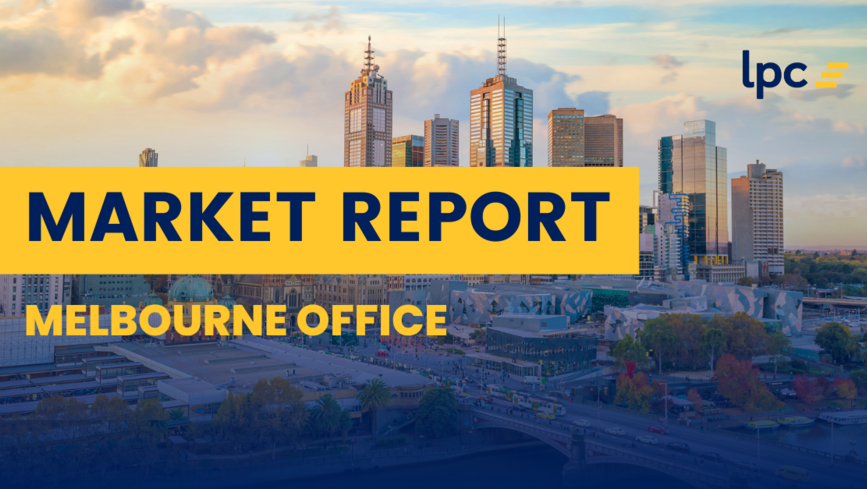
Melbourne’s CBD office market continues to record the highest vacancy rate nationally, with overall vacancy rising to 19% in the second half of 2025. The market is increasingly characterised by a two-tier dynamic.
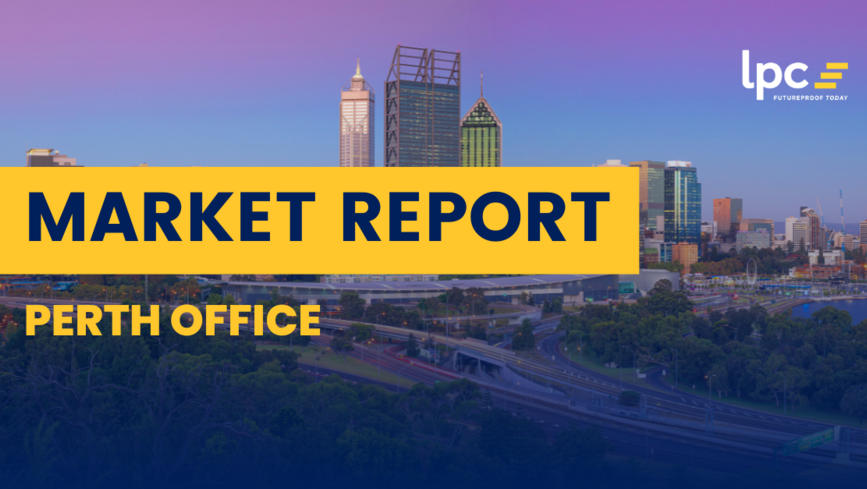
The February 2026PCA Perth Office Market Update has confirmed WA’s strong economic and demographic growth with the mining sector providing the majority of Tenant demand. According to the PCA State Final Demand has been the highest in all States for the past 5 years averaging almost 5%pa and WA is expected to be the highest over the next 5 years at just over 3% pa.

The vacancy rate of Melbourne’s CBD office buildings still remains relatively high, with the pace of workers returning to the office continuing to lag behind other Australian capital cities.
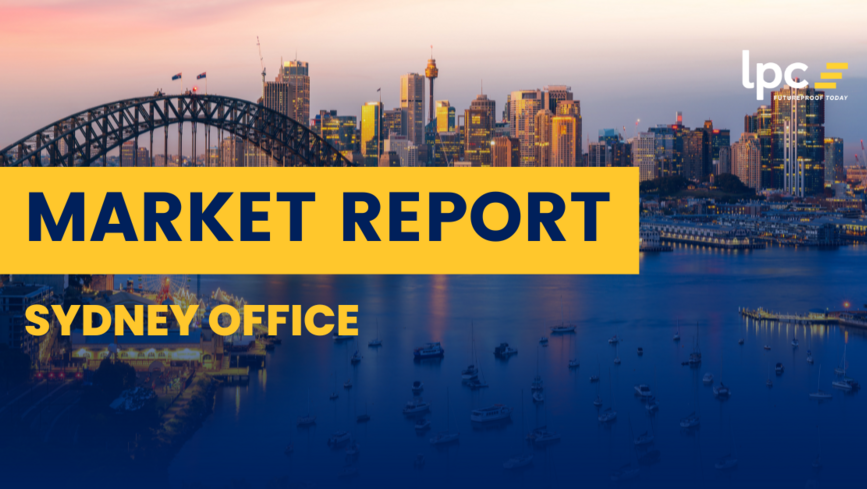
The Sydney CBD office market continues to soften, with overall vacancy rising to 13.7%, up from 12.6% in January 2025 and remaining above the 10-year average. Much of this uplift has been driven by new supply, with more than 72,500 sqm added in the first half of 2025.
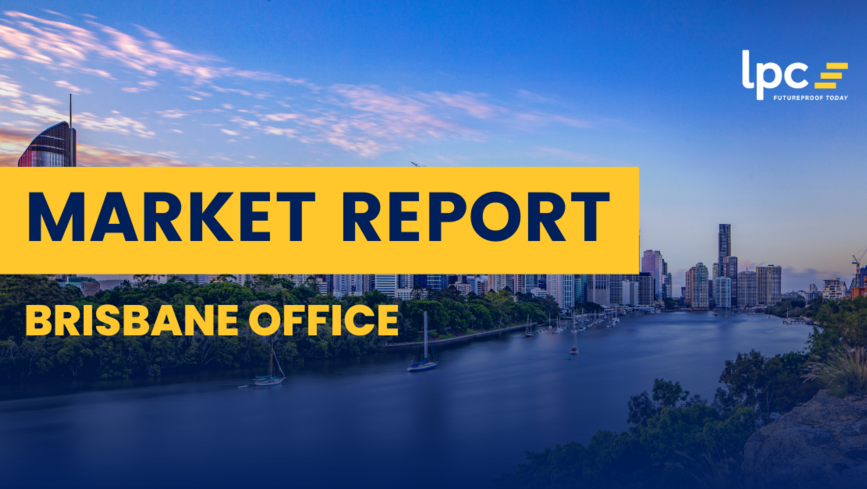
The Brisbane’s CBD vacancy rate remains relatively low at 10.7%, outperforming other major CBD markets nationally, although this reflects a modest 0.5% increase since January 2025. The market's resilience is supported by strong demand for prime-grade office accommodation.
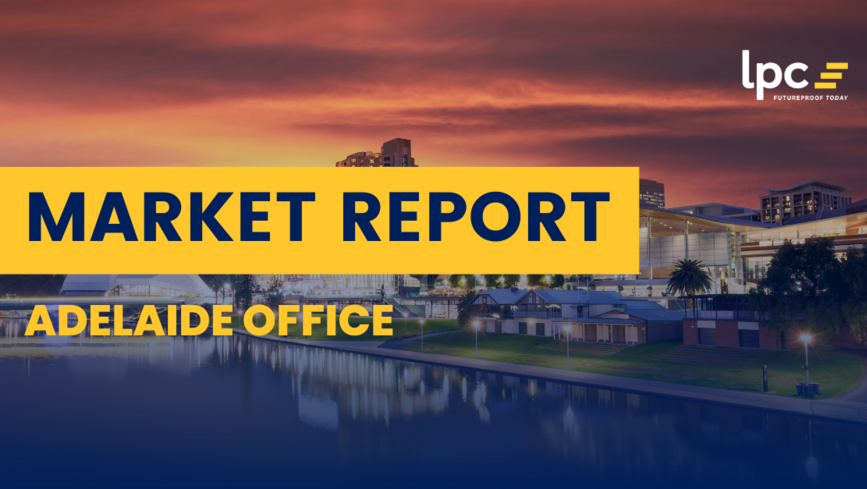
Strong net absorption of more than 22,000 sqm in the first half of 2025 has continued to push Adelaide’s CBD vacancy rate lower, now sitting at 15.0%, down from 16.4% in July 2024. Prime-grade vacancy has also tightened significantly over the past six months, falling from 18.1% to 15.1%, despite only 911 sqm of new supply being delivered. This highlights the sustained depth of occupier demand, particularly from larger tenants seeking to upgrade and refine their workspace to improve engagement and overall occupancy levels

The vacancy rate of Melbourne's CBD office buildings remains historically high, with the pace of workers returning to the office continuing to lag behind other Australian capital cities.

The Sydney CBD office market has seen vacancy rates rise to 13.7%, up from 12.6% in January 2025, and still sitting above the 10-year average. The increase is largely driven by new supply, with over 72,500 sqm added to the market in the first half of 2025.